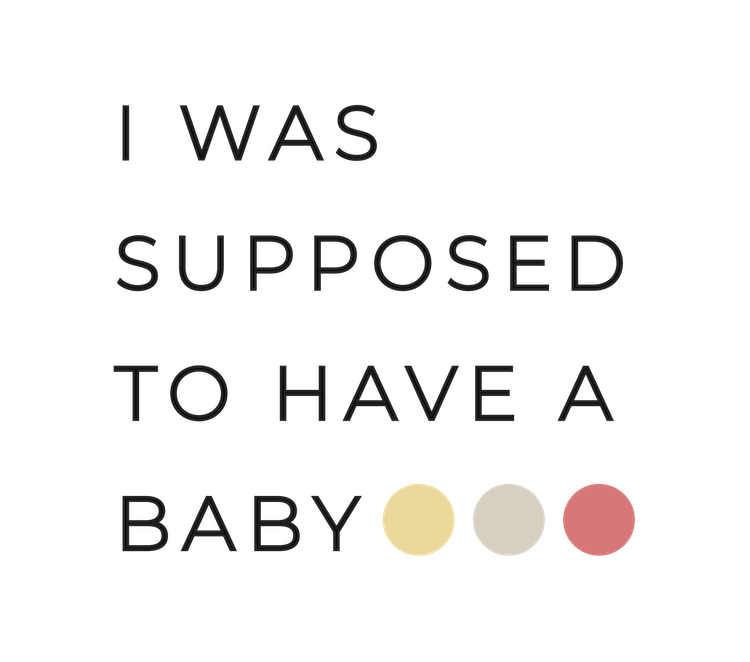SIDS Story 30 Years Later
Thirty years ago, if you lost a child you were treated like a pariah.
No one wanted to talk to you. They crossed the street when they saw you coming, because they didn’t know what to say. Or maybe it was because they were worried you had an “ayin hara” (evil eye) and they didn’t want that rubbing off on them.
Reva Judas from Nechama Comfort often talks about how she was told to get pregnant again and forget about her newborn son.
As if you could forget about your own child.
In this beautiful piece, Elisheva Taitz writes about how she feels, having grown up in the shadow of her older brother. Go to stories and the highlight to read the piece.
And when I told Elisheva that I was posting her story, she told me that it was a fitting day, because that day (August 21) was the day he died. And I got chills.
You know how sometimes you get a sign from above that you’re on the right path? Today I got my sign.
And may we all know no more suffering.
“I came across your page after listening to an old podcast. Though I've definitely seen it through other pages on Instagram, I guess I'd scroll right along by and for some reason, I only hit the follow button the other day.
I B"H (Thank G-d) have had three healthy pregnancies/births and have three healthy children K"H (thank G-d). I always felt grateful that I was "spared" from something so many suffer from.
Because of that, I think I became pretty immune to the very existence of infertility and loss, and took the common "take it for granted" place in my life. When in fact, infant loss. plays a primary role in my very existence.
My oldest brother is 35. When he was 2, my parents' second-born son passed away in his crib just shy of 3 months old from SIDS.
I was born 1 year later, within a few days of his 1st yartzheit (day he died). In an effort to veer from the traditional custom of naming after the dead, my parents chose the name Elisheva Chaya, loosely translated means "God is abundant" and Chaya means "life," which I know truly reflected their emotions.
They went on to have two more children after me. Growing up, we always knew about the baby. We spoke his name. I don't remember the conversation when I learned about him (I kind of wish I did). But it was always a part of us and our family.
Every June 7 (his birthday), my mother would commemorate him. Every yartzheit (the day he died), my father did his thing in shul (synagogue). They mourned in their own ways.
As an adult now, I always make sure to check in with my mom on his birthday, over 30 years later, because I know there is still a part of her that's missing. It never heals.
As a mother now myself, it's a wonder to me how they ever carried on (though not moved on) so quickly. I've asked my mom, and she says that if she didn't bind her breasts during shiva and get pregnant almost right away thereafter, she would have gone nuts. Literally.
Like you mentioned in the podcast, 15+ years ago, there was a lack of support and resources to help you with what you went through. Going back 30+, there was surely nothing available to my parents.
The stigma was real. It was all hush hush. Besides for each other, it wasn't something spoke about.
Seeing all the resources groups and support out there online and on Instagram, I hurt for my parents' experience. How much more nurturing and healing it would have been at the time to know they weren't alone.
So while I may have not thought infertility and loss was 'relevant' to me, because I never experienced it within my own pregnancy and motherhood journey, wow, was I wrong.
I appreciate the work that you do for families like my parents. And for making the world a more comforting and open place.”

